Located within business districts and in close proximity to key landmarks, condominiums make for a great residential option, especially for those who would rather not deal with the worsening traffic in the metro. For those who are not ready for long-term investment in the property, condo leasing is a more viable option. Although renting a condo unit does not require as much commitment as buying one, it is still a long-term arrangement and its demands your full and careful attention. While trusted developers like DMCI Leasing take the extra mile to make sure you fully understand the terms of the contracts, it is still best to check the fine print and make sure it is the right match for you. Know what to look for and what to expect in a lease contract. Keep in mind that the document you will be signing will legally bind you to its terms. Take account of the following considerations:
Property Details
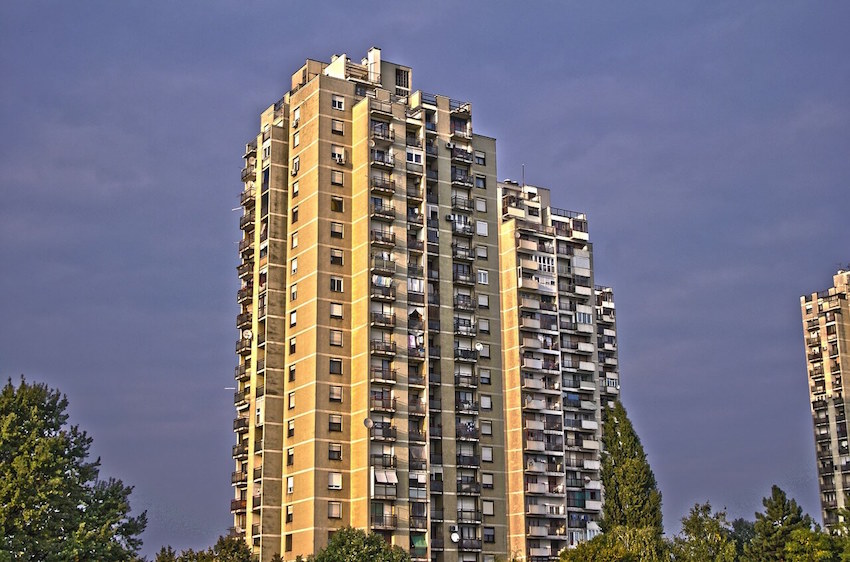
Photo courtesy of Monikazaron via Pixabay
The lease contract should include basic data and facts about the property, particularly its physical address and the landlord’s full name and contact information. The contract should also specify the date the lease was signed, the rental period’s beginning and end dates, lease renewal options, and policies for rent increases. It should state whether the unit is furnished and properly itemizes the appliances included in the unit, such as a washing machine, refrigerator, and gas range.
Deposits, Rents and Fees
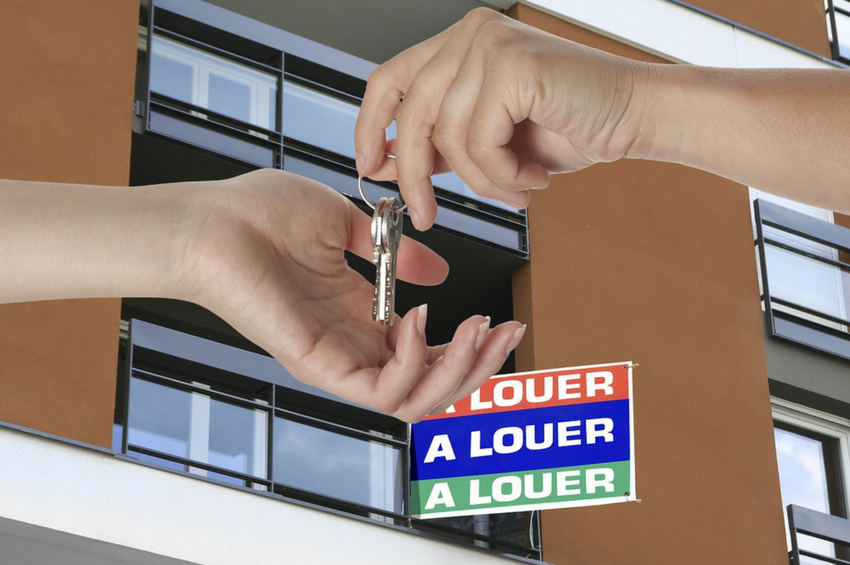
Photo courtesy of Antonin77 via Pixabay
Most people pay attention only to the monthly rental fees, failing to take into account other costs that could also add up. Take note of the deposits and fees included in your lease. The contract should specify the particulars about the rent, such as the amount, how to pay, when it’s due, penalty for late payments, and allowed grace period. All details about deposits, including upfront security deposit, should be clearly stated. The conditions for getting your money back should be specified.
Utilities

Photo courtesy of Pixabay via Pexels
The lease contract should indicate policies regarding billing and utility service. Find out which utilities are part of your monthly fees or if you are expected to pay for them. There are, for instance, arrangements where the landlord pays for the water, electric, and sewer services, while the tenant covers the Internet and cable.
Maintenance and Repairs
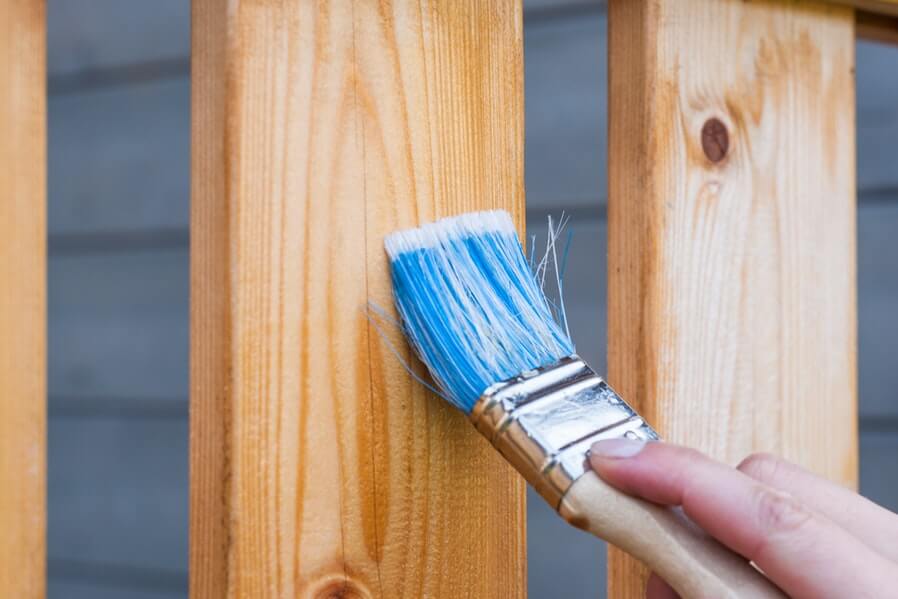
Photo courtesy of Pixabay via Pexels
This can end up costing you a lot of money and time, so you need to pay close attention to it. Some rental arrangements place all responsibilities for taking care of maintenance and repairs to the landlord, from fixing a broken air-conditioner to replacing a leaky faucet. In other cases, the landlord may be responsible for replacing or repairing major appliances, but leave everything else to the tenant’s care. There are agreements that leave all responsibilities for maintenance and repairs to the tenant.
It is imperative that you check for such stipulations when signing the lease contract. You should be able to determine beforehand the extent of your responsibility when it comes to maintenance and repair issues. Make sure you are clear on what you can hold your landlord accountable for, who should arrange service calls and who pays for what. This will save you a lot of headache and miscommunication in the end.
Pets
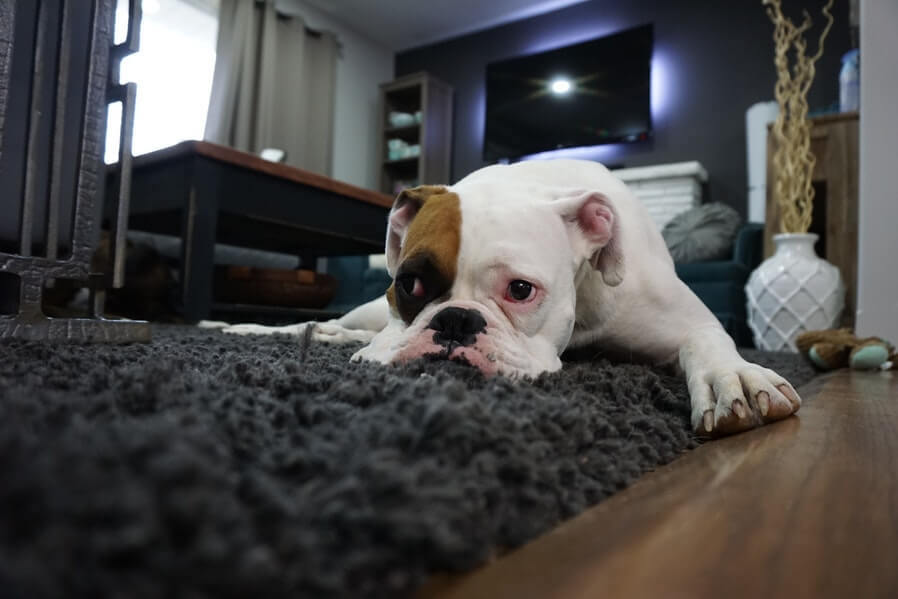
Photo courtesy of Burst via Pexels
If you are a pet owner, check the lease to find out if animals are allowed in the property. Learn about any breed-specific restrictions. You will find that some rental properties allow pet dogs, except pit bulls or other specific breeds. You may also be required to provide a “pet deposit,” which is often refunded after you have moved out and it has been verified that no pet damage has been incurred to the property. Some landlords impose a non-refundable “pet fee,” which is used to cover costs for deodorizing, defleaing, and shampooing the unit’s upholstery and flooring after you have vacated the unit. In some cases, you may even have to pay for “pet rent,” which could either be on a monthly or yearly basis. This will be used to cover the usual wear and tear pets can cause.
If your lease contract specifies a no-pets clause, yet you choose to bring a pet anyway, this will give your landlord legal ground to evict you. Note that a no-pets clause cannot be added after you have signed your contract, so your landlord cannot just change the policy after you have already moved in. This will protect you from any capricious changes your landlord may impose.
House Rules

Photo courtesy of Pixabay via Pexels
The lease contract should specify what the landlord deems as acceptable use of the property. For instance, the lease may clearly mention that the premises should only be used as a residential dwelling exclusively for the tenant and his immediate family. Check for policies relating to the following:
- Maximum occupancy
- Parking and storage
- Overnight guests
- Long absences (on your part)
- Landlord right of entry
- Smoking
- Granting access to maintenance workers
- Eviction
- Insurance requirements
Exit Plans
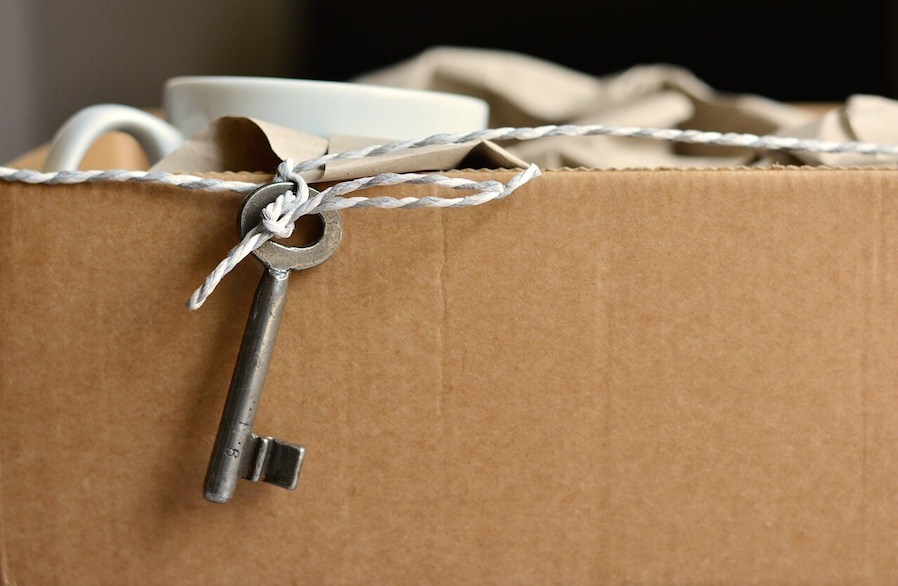
Photo courtesy of Congerdesign via Pixabay
The lease contract should state what you are expected to do before moving out. Learn about the required advance notice and the type or level of cleaning expected from tenants after vacating the unit. The contract should also mention the options available for you should you decide to move out before the lease expires. Will you be able to sublet the property? If yes, will the responsibility of finding the tenant fall on your hands, or will the landlord do it for you? What are the penalties for leaving before the lease is expired and you are unable to find someone to sublet?
The Bottom Line

Photo courtesy of Free-Photos via Pixabay
Make sure you completely understand what you are getting yourself into. Do not just sign the contract without reading it thoroughly. If there is something you find unclear, do not hesitate to ask your landlord for clarification. You may also consult with a real estate specialist if you want to be fully informed of what you are legally binding yourself with. Keep in mind that while most of the policies stated on the contract may be at the discretion of your landlord, others are a result of state or city ordinances. This is usually the case for the landlord’s right of entry and eviction.
Once you and your landlord have agreed to the terms and have signed the contract, make sure you secure a copy for yourself. The document will be helpful should you find yourself dealing with disagreements related to your tenancy or the property.
Before agreeing to anything, do a thorough inspection of the property. Check its general condition, and make sure everything is in good working order, particularly the window fixtures, plumbing, faucets, and appliances. Secure proper documentation of any existing damage. Take photos and request for a damage assessment form. Keep a copy of the form attached to your contract. This way, you are always ready for any possible legal dispute.









